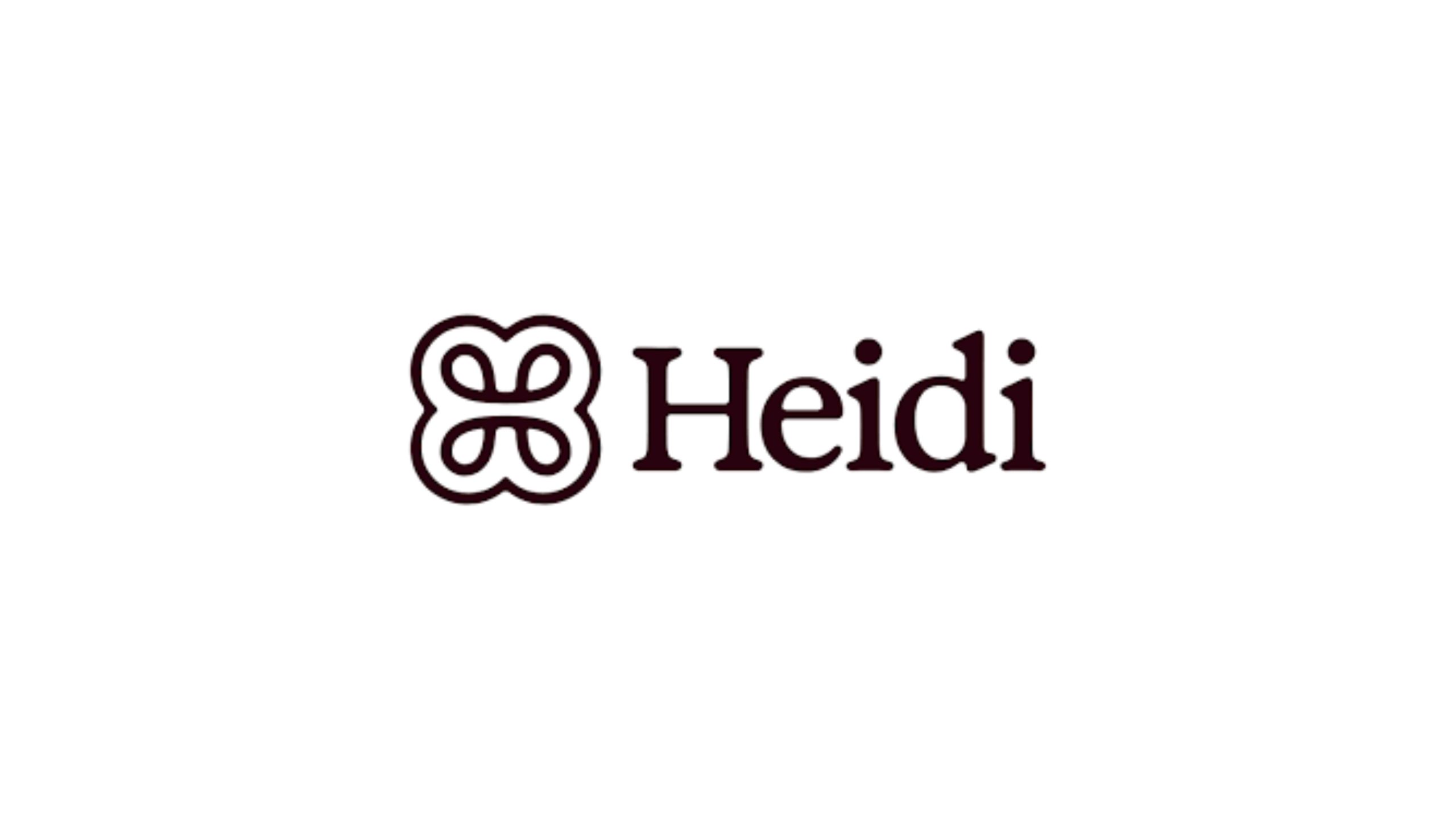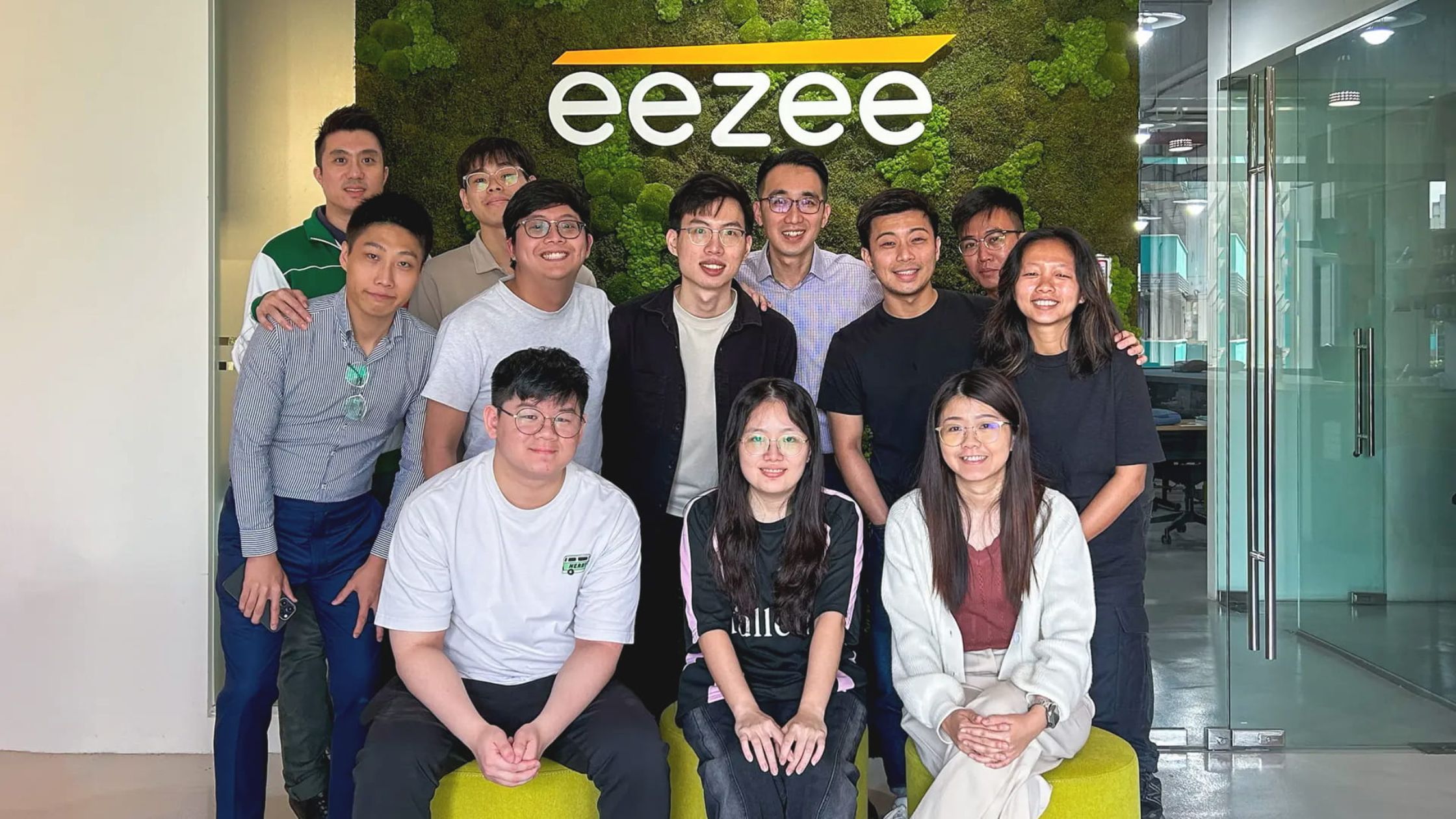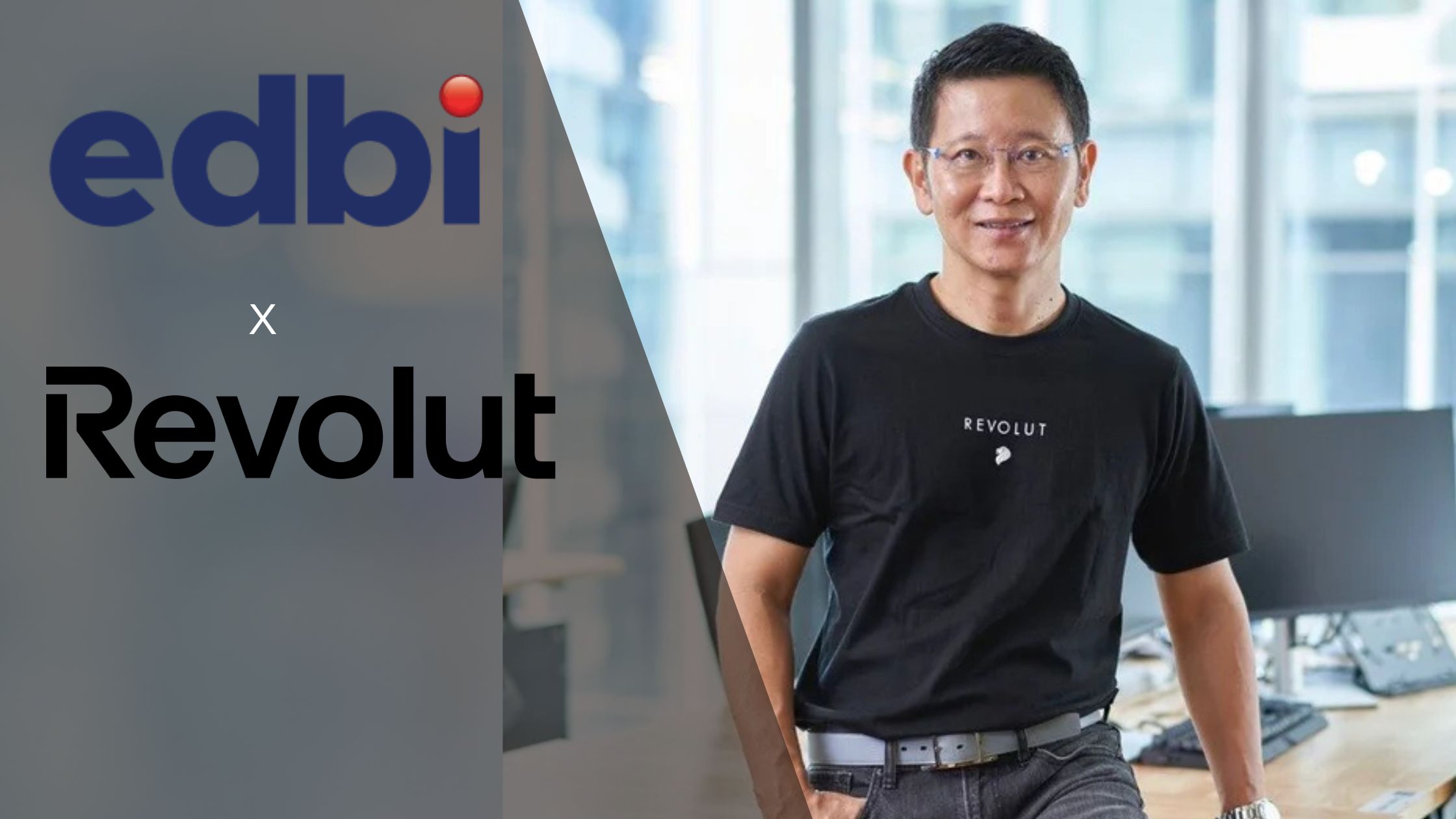AsiaTechDaily – Asia's Leading Tech and Startup Media Platform

Why Heidi Is Betting Millions on Singapore as the Future of AI-Driven Healthcare
Backed by fresh funding, Heidi is betting on AI-driven clinical efficiency as ageing populations strain healthcare systems across the region.
Heidi, the Australia-based healthcare AI company, has officially launched its regional headquarters in Singapore, marking a major step in its Southeast Asia expansion strategy. The move follows its US$65 million Series B round led by Point72 Private Investments and signals investor confidence in AI’s role in reshaping healthcare operations.
The company plans to invest up to US$8 million over the next two to three years to build teams in sales, clinical partnerships, and implementation. Heidi expects to hire 10–12 people initially, with further expansion as adoption grows across the region.
Why Singapore — and Why Now?
Singapore is facing mounting pressure on its healthcare infrastructure. By 2030, one in four residents will be aged 65 or older, while the country is projected to have just one doctor per 343 people. This demographic shift is accelerating interest in healthcare technologies that can extend clinical productivity.
“For Heidi, Singapore represents more than a market entry — it’s a launchpad for the next phase of healthcare innovation and growth across Southeast Asia,” said Dr. Thomas Kelly, CEO and Co-founder of Heidi. He also pointed to the TRUST platform, a national initiative for secure clinical data sharing, as a key enabler for responsible AI deployment.
Singapore offers three major advantages for Heidi:
- Highly digitalised healthcare system
- Policy support for AI adoption
- A talent pool combining clinical and technical expertise
AI as Clinical Capacity — Not Just Software
Heidi’s AI platform focuses on automating clinical documentation, transcribing doctor–patient conversations into structured medical notes. This directly tackles one of the most time-consuming tasks in healthcare: paperwork.
The company has already supported nearly 55,000 consultations in Singapore. Early feedback from clinicians suggests AI can free up time for direct patient care rather than administrative work.
Dr. Sanjeev Shanker, who leads an urgent-care department in Singapore, said the platform improved both documentation quality and time management. It also handled multilingual conversations — a major factor in Singapore’s diverse healthcare environment.
Could AI Ease Regional Healthcare Gaps?
Across Southeast Asia, healthcare systems are entering a similar phase: ageing populations, limited clinical resources, and rising workloads. Heidi’s model — using AI to increase “effective capacity” without adding more doctors — makes the company well-positioned for regional adoption.
Other areas where Heidi may gain traction:
- Digitisation of primary care clinics
- Support for telemedicine and remote consultations
- Data-driven clinical research partnerships
- Cross-border health data standardisation
If the platform can prove measurable efficiency gains, it may become part of how healthcare providers plan staffing and manage patient flow.
Global Momentum Behind the Strategy
Heidi’s expansion into Singapore builds on recent entry into Hong Kong and growing global demand for AI-powered documentation tools. Today, the platform processes over 2 million consultations every week, supporting 110 languages across 116 countries.
The company has also strengthened its leadership team:
- Paul Williamson — Chief Revenue Officer (ex-Salesforce, Plaid, Visa)
- Dr. Simon Kos — Chief Medical Officer (former Global CMO at Microsoft)
These hires point to Heidi’s intent to operate at the intersection of healthcare systems, enterprise partnerships, and AI commercialisation.
Investor Confidence Remains Strong
The US$65 million Series B round brings Heidi’s total funding to US$96.6 million, with key backers such as:
- Point72 Private Investments
- Blackbird Ventures
- Headline
- LocalGlobe
The funding comes just months after a follow-on Series A round — suggesting sustained investor belief in AI tools that directly address operational bottlenecks in healthcare.
A Test Case for the Future of Healthcare AI
Heidi’s Singapore hub may become a regional case study for how AI integrates into public healthcare infrastructure. If it succeeds, the company could set a precedent for how AI is deployed, regulated, and funded in Southeast Asia’s health systems.
As healthcare demand grows faster than clinician supply, Heidi is positioning AI not as a replacement for medical professionals — but as a force multiplier. And if Southeast Asia is looking for sustainable models to scale healthcare access, Singapore may soon become the place where that blueprint is tested.
Quick Summary
- Heidi launched its Southeast Asia regional HQ in Singapore after a US$65M Series B round.
- It will invest up to US$8M and hire 10–12 staff initially.
- Singapore’s ageing population and clinician shortage make AI adoption increasingly urgent.
- Heidi’s platform automates clinical documentation and has already supported 55,000+ consultations.
- Backed by US$96.6M in total funding, Heidi aims to scale healthcare AI across Southeast Asia.



